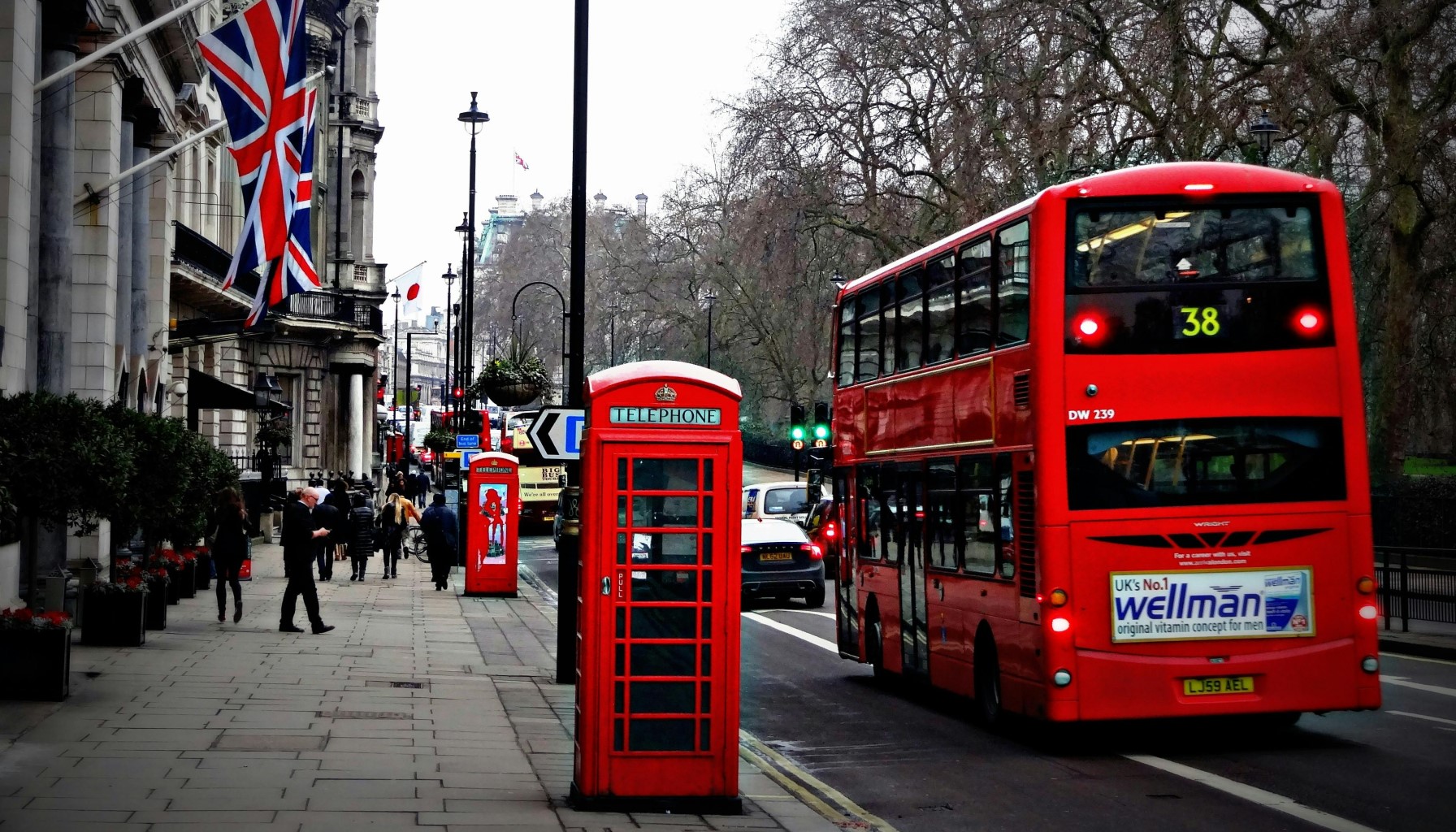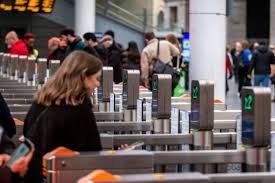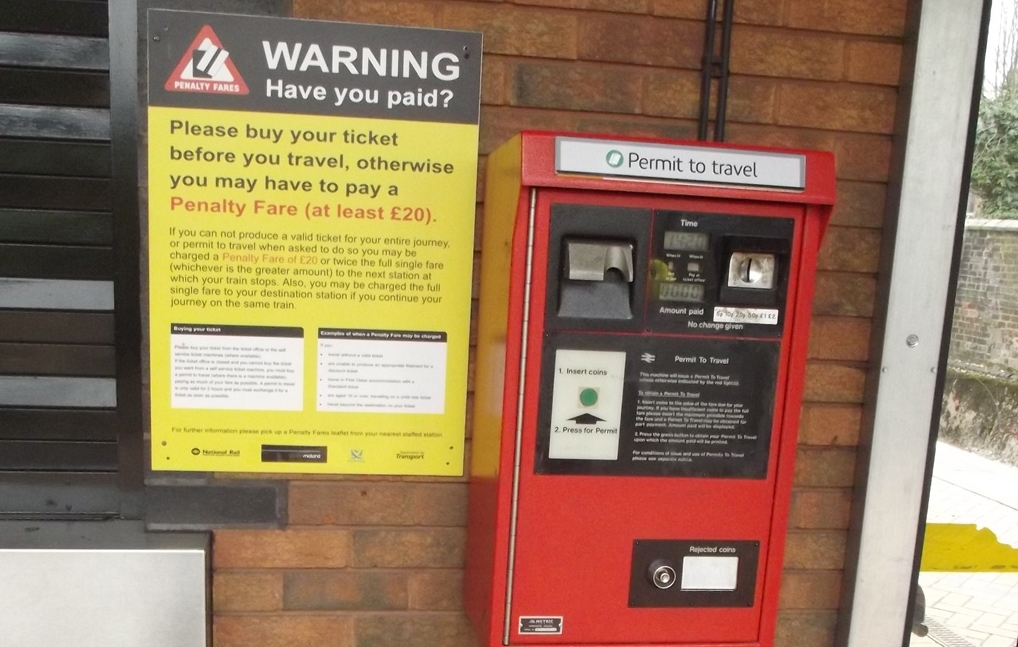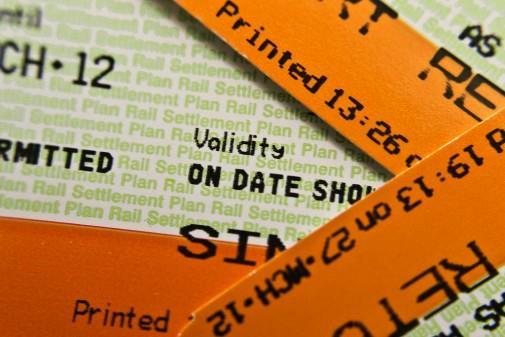Penalty fares are a central feature of the UK's public transport enforcement landscape. Designed to deter fare evasion and recoup losses, these surcharges can affect travellers in London as well as in cities across England, Scotland, and Wales. However, the rules, processes, and even the amounts charged can vary significantly depending on whether you are riding a Transport for London (TfL) service or a regional operator outside the capital. As a solicitor who has dealt with countless fare evasion matters, I have witnessed how confusion over differing penalty fare rules can lead to unwarranted fines, or even court summonses.
This article explores the crucial distinctions between penalty fare regimes in London and other UK cities, providing practical insights on what to expect if you receive a penalty fare notice, how best to respond, and when to consider legal assistance. Whether you frequently commute on TfL services or occasionally travel by train or bus in other regions, an understanding of these differences could help you navigate, and potentially contest, penalty fares with greater confidence.
Understanding Penalty Fare Rules in the UK
The concept of penalty fares is straightforward: if you travel without a valid ticket or fail to tap in/out with your Oyster or contactless card, a transport operator can charge you a sum exceeding the standard fare. While some passengers may view a penalty fare as a minor inconvenience, ignoring or mishandling these notices can escalate into more serious legal consequences, including prosecution.
Key Objectives of Penalty Fare Rules
- Deterring would-be fare evaders by imposing immediate financial repercussions.
- Encouraging passengers to purchase the correct ticket or validate their journey promptly.
- Recouping lost revenue, which operators argue is necessary to maintain and improve transport services.
Why Penalty Fare Notices Are Issued
Penalties are not always tied to clear-cut cases of intentional fare dodging. From expired travel passes and zone miscalculations to forgetfulness at the ticket barrier, travellers find themselves receiving penalty fare notices for a variety of reasons. In the eyes of transport companies, it is ultimately the passenger's responsibility to ensure they carry a valid ticket, so unintentional mistakes can still lead to charges under strict liability principles.
London's Unique Penalty Fare Rules: TfL Services and Contactless Payment
Penalty fares in the capital are often linked to Transport for London (TfL) services such as London Underground, Overground, buses, and trams. TfL has its own set of regulations, with compliance heavily monitored by revenue protection officers and station staff. Key differences in London's system include:
TfL Buses and Cashless Travel
London phased out onboard cash payments on buses years ago, shifting entirely to Oyster cards and contactless bank cards. Failing to tap in or using a card with insufficient funds can trigger a penalty fare, especially if bus inspectors perform random checks. Payment is generally a flat rate, so arguments about zones tend to be less common on London buses, but forgetting to tap remains a frequent source of notices.
Oyster and Contactless Technology
Travelling on the Tube or other TfL services requires a valid tap in and, for most journeys, a tap out. Missing either can result in the system charging the maximum possible fare, which may then lead to a penalty fare notice if a revenue protection officer confirms you have not paid correctly. Oyster and contactless card usage logs can become vital evidence when challenging a penalty fare, especially if you can demonstrate a device malfunction or prove you had funds available but the reader failed.
Peak vs. Off-Peak Complexity
While peak and off-peak fares also apply in other regions, London's multi-zone system can be particularly intricate. Travellers might receive a penalty fare for travelling beyond the paid zone on the Underground. Appeals often revolve around demonstrating confusion or a genuine mistake rather than wilful evasion.
Penalty Fare Practices in Other UK Cities: A Regional Overview
Outside London, penalty fare rules vary based on local transport operators and the type of service. Rail franchises, regional bus companies, and tram operators each handle fare enforcement differently, leading to inconsistencies across the UK. Examples include:
Train Operators in England and Wales
Many train companies employ penalty fare schemes governed by the National Rail Conditions of Travel. Travelling on the wrong ticket or failing to purchase one before boarding (where station facilities are available) can lead to an on-the-spot charge. The amount is typically either a standard fee (often £20) or double the full single fare to the next station, whichever is higher. However, certain services have stricter controls, with revenue protection officers routinely patrolling carriages and station barriers.
Scotland's Rail Services
ScotRail operates on similar principles but may handle appeals differently. Missing a key detail, such as an off-peak restriction, can land you a penalty if you are caught. Rural areas might have fewer staff or no ticket barriers, but travellers are still expected to buy a valid fare. Some smaller stations provide “permit to travel” machines, and failing to use these can prompt questions about whether you intended to pay.
Regional Buses
Unlike London's centralised system, many regional bus routes still accept cash, yet also allow contactless payments. If a passenger cannot present a valid ticket (printed, digital, or otherwise), an inspector or driver could issue a penalty fare or report the incident to the operator's enforcement department. In practice, non-payment or invalid ticket usage often leads to ejection from the bus rather than an on-the-spot fine, though some companies have begun adopting a more formal penalty fare model.
Comparing Penalty Fare Amounts, Deadlines, and Appeals
Penalty Fare Amounts
Depending on the operator, the initial charge might be fixed at around £20, or set as a multiple of the normal fare. In some areas, it scales up if not paid promptly.
Payment Deadlines
Operators usually provide a window (commonly 21 days) to pay or lodge an appeal. Late payment can lead to surcharges or escalation to court proceedings. London's deadlines can sometimes differ slightly, but the essence remains the same: act promptly or risk further penalties.
Appeal Processes
Transport companies generally allow travellers to appeal a penalty fare if they feel it was wrongly issued. In London, TfL has an internal appeals procedure, potentially followed by an independent review. Meanwhile, train operators often outsource appeals to third-party adjudicators like IRCAS or an equivalent body. Understanding which organisation handles appeals in your region is key, missing the right channel could result in an automatic rejection.
Fare Evasion Consequences: From Penalty Fare Notice to Possible Prosecution
Ignoring a penalty fare notice is risky. Transport operators across the UK have specialised teams to pursue unpaid fares. Failing to respond can lead to:
- Escalated Fines: The initial penalty fare might balloon with added administration fees or interest.
- Debt Collection and Credit Issues: Operators can pass your debt to third-party collectors.
- Court Summons: Repeated offences may prompt legal action, potentially leading to a criminal record.
Conclusion: Navigating Penalty Fare Rules in London and Across the UK with Confidence
Understanding the distinctions in penalty fare rules is essential for safeguarding your rights. Whether travelling in London or other UK cities, being aware of payment structures, appeal processes, and legal consequences can help prevent issues. By taking timely action, paying promptly or compiling robust evidence for an appeal, most fare evasion matters can be settled without court involvement. Should complications arise, seeking expert legal advice ensures you're well-equipped to handle penalty notices or potential prosecutions, no matter where in the UK you travel.



